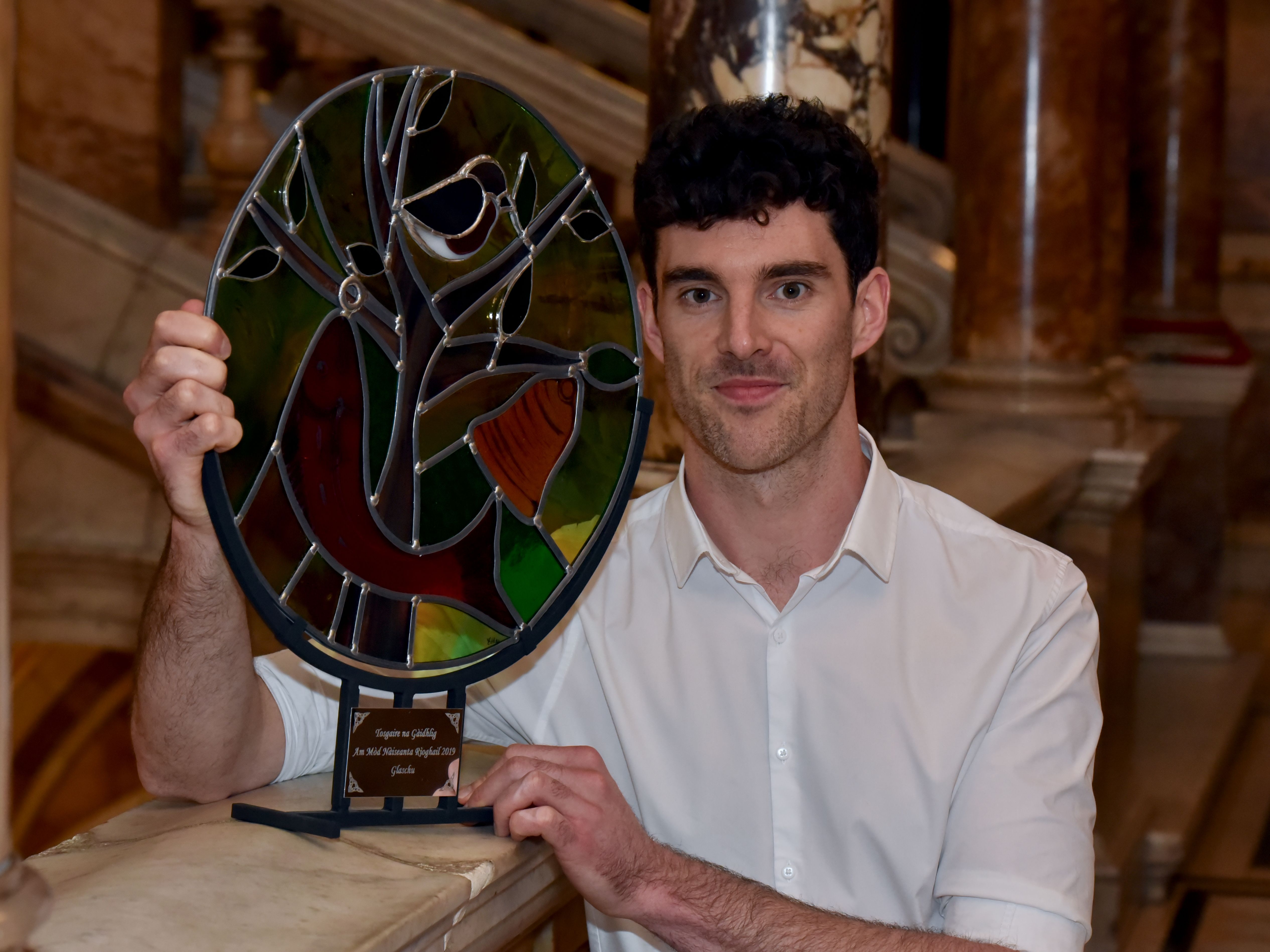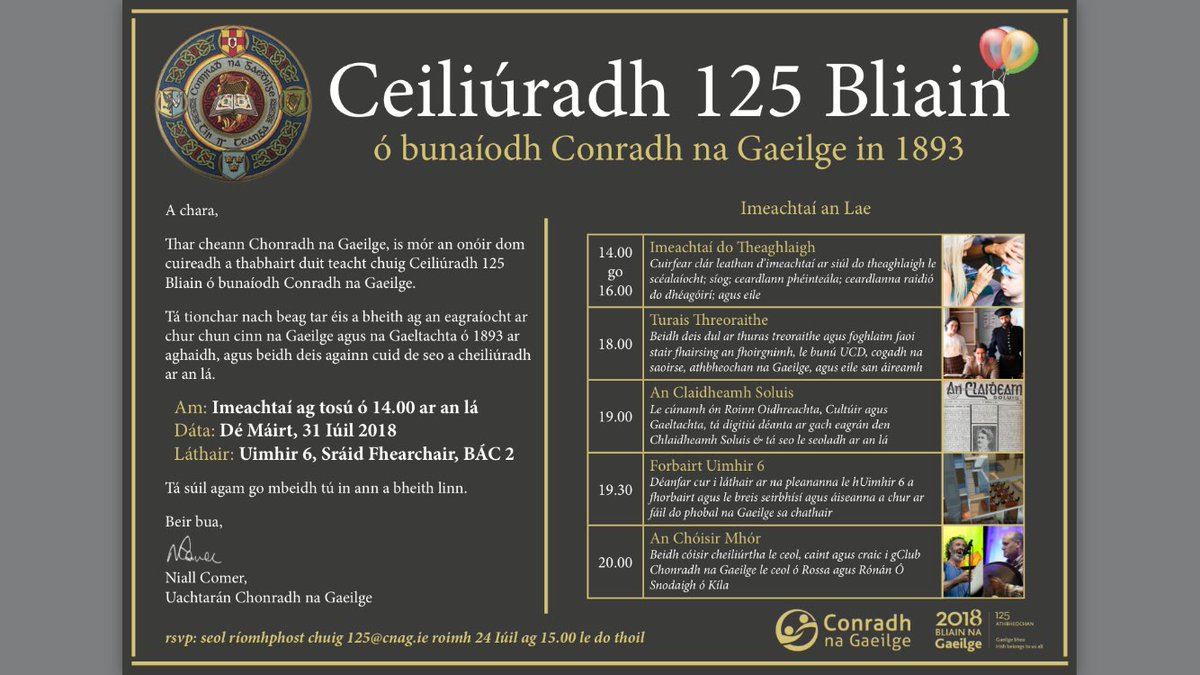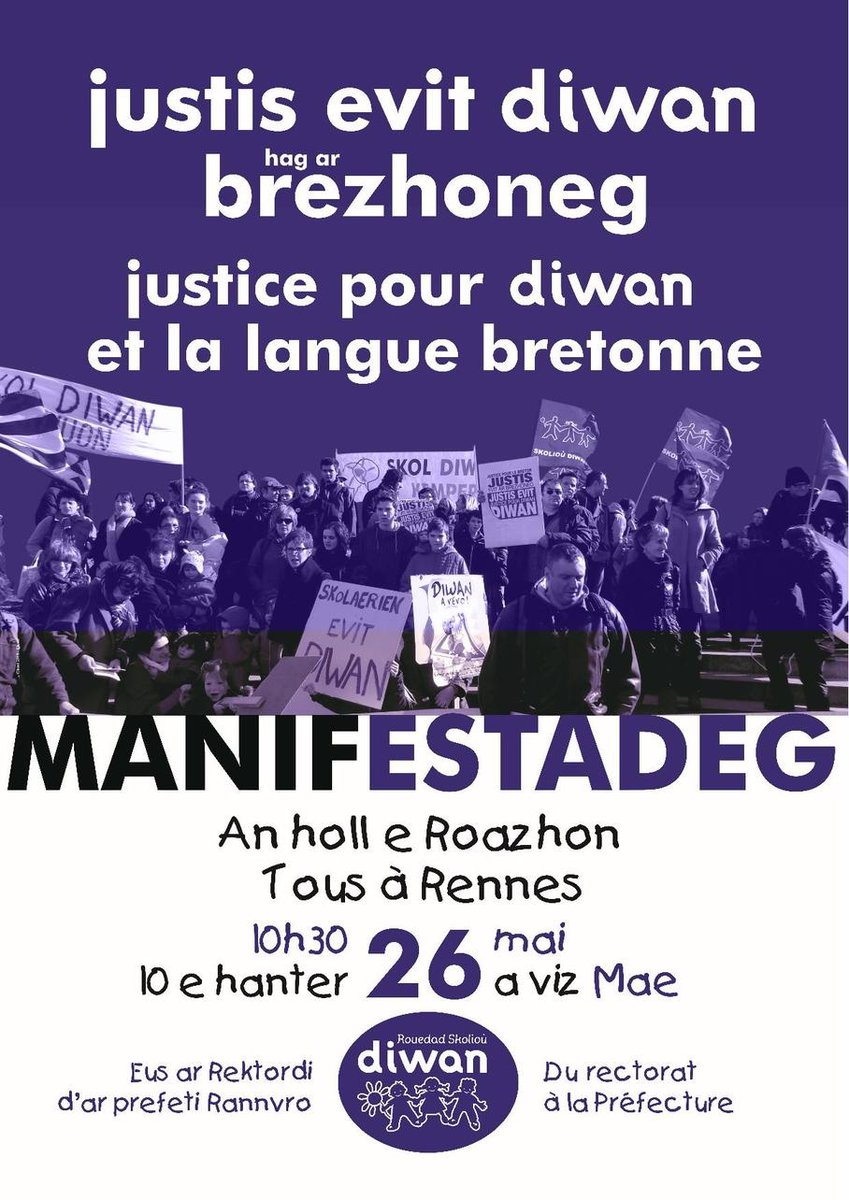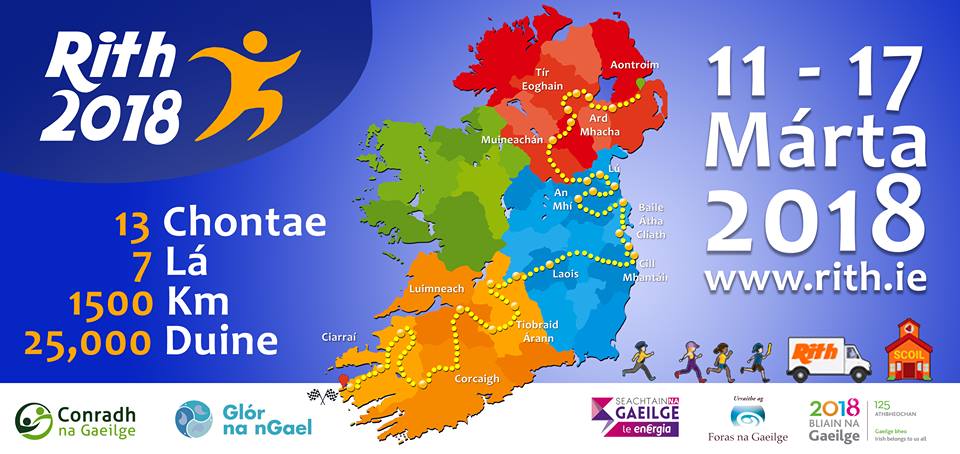A new English to Irish dictionary will include translations of words such as coronavirus, pandemic, and banana bread into the Irish language.
Joining the president will be a host of household names such as, Dara Ó Briain, Micheál Ó Muircheartaigh, and Mary McAleese as they share their experiences with, and grá for the national language.
The new dictionary contains 1,800 pages, over 30,000 entries, 85,000 word senses, and 1.8m words in contemporary English and Irish.
Produced by Foras na Gaeilge, the dictionary is the first major English-Irish dictionary to be published in over 60 years. Tomás de Bhaldraithe’s seminal English-Irish dictionary was published in 1959.
President Higgins said: “It was a privilege to launch the new English-Irish dictionary website in 2013 and I’m delighted to be able to celebrate the final stage of the project today, the .
"This dictionary follows on in a proud tradition of Irish-language lexicography, including famous works by Niall Ó Dónaill, Tomás de Bhaldraithe, and Pádraig Ó Duinnín.
The president said dictionaries are critical tools for any language community.
"They allow communities to express themselves confidently and effectively in their own language, while also preserving the richness — the saibhreas — of a language. I congratulate Foras na Gaeilge, the dictionary team, and everyone who was involved in this historic achievement.”
Some interesting additions include translations of banana bread (arán banana), social distancing (scaradh sóisialta), pandemic (paindéim), and coronavirus (coróinvíreas).
Chief editor Pádraig Ó Mianáin said of the new dictionary: “The New English-Irish dictionary brings Irish-language lexicography into the third millennium with its emphasis on currency in both Irish and English and its coverage of all levels of language use, from formal to informal and from written to spoken.
“When the online version was completed, production of a printed version began. In order to produce a one-volume dictionary, over a third of the content in the online dictionary, which contains 48k entries and 145k word senses, had to be left out and the remaining content had to undergo significant editing and reformatting.
"We are delighted that the dictionary is now available, and to have this opportunity to launch it with the President today.”




































